Katello on TorqueBox
Java Loves Ruby

about me
Lukáš Zapletal
about me
@lzap
about me
@lzap_CZ @lzap80

theme selection
Blah blah blah:
Sky -
Beige -
Simple -
Serif -
Night -
Default
Katello

TorqueBox

Ruby

JRuby

Java

Java

Cats-free talk

What is Katello
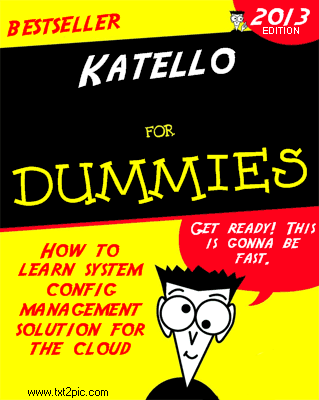
Katello is
a open-source

content and system

management stack

for datacenters

and cloud
If you take ...

and cloud

for datacenters

and cloud

for datacenters

and cloud

enough fun!
What the cloud is?
NIST
National Institute of Standards and Technology
NIST definition
the NIST definition of cloud computing
NIST definition
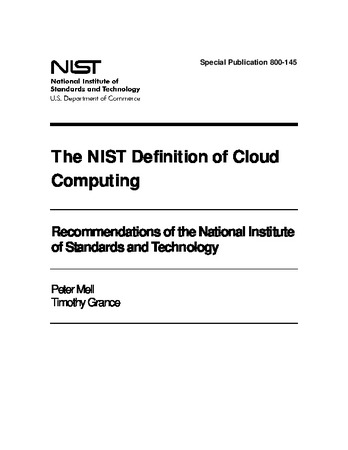
NIST definition
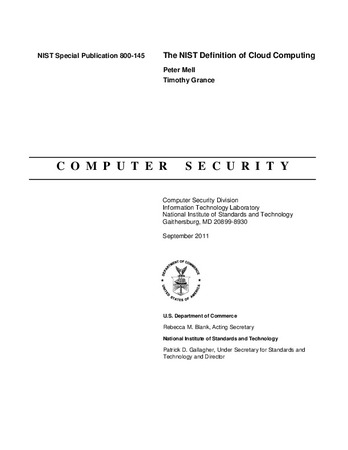
NIST definition
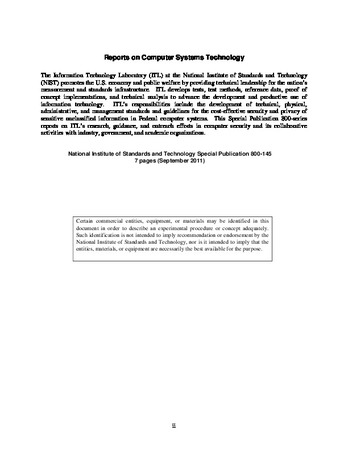
NIST definition

NIST definition
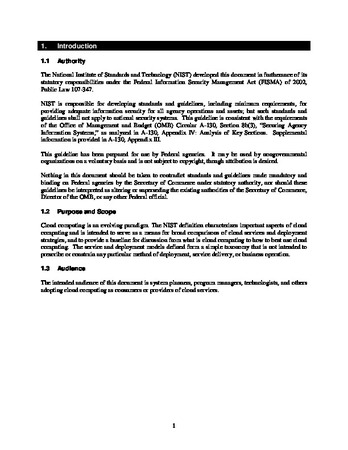
NIST definition
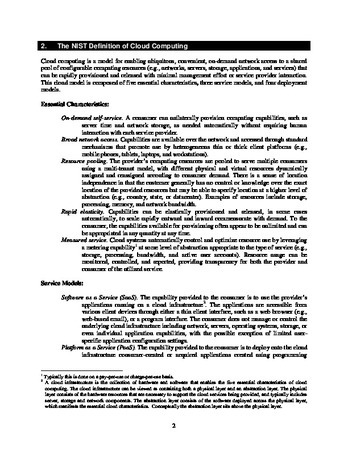
NIST definition
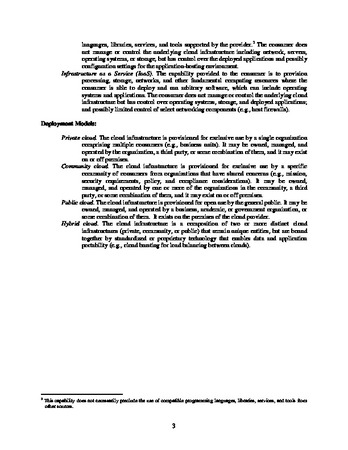
cloud definition
Cloud computing is a model for enabling ubiquitous, convenient, on-demand network access to a shared
pool of configurable computing resources.
cloud definition
It can be rapidly provisioned and released with minimal management effort or service provider interaction.
essential characteristics
on-demand service
essential characteristics
broad network access
essential characteristics
resource pooling
essential characteristics
rapid elasticity
essential characteristics
measured service
service models
- SaaS
- PaaS
- Iaas
deployment models
- private cloud
- community cloud
- hybrid cloud
- public cloud
What you can do with Katello?

red hat subscription
what is it and how it works
subscription management
- import Red Hat subscriptions from Portal
- create your own products and subscriptions
- register machines and consume them
- see some statistics and graphs
content management
- sync RPM content from CDN
- sync RPM content from other repositories
- sync puppet content from Puppet Forge
- separate content into environments and content views
- promote content
- consume content using yum or puppet
- remote install/upgrade content
There is Foreman
provisioning
- register installation trees
- prepare provisioning templates
- provision bare-metal/virtual systems
- maintain registry of all systems
configuration management
- import Puppet classes into Foreman database
- assign classes to hosts (existing or provisioned)
- assign parameters to classes
- collect info from Facter and Puppet
- create statistics and graphs
Katello UI
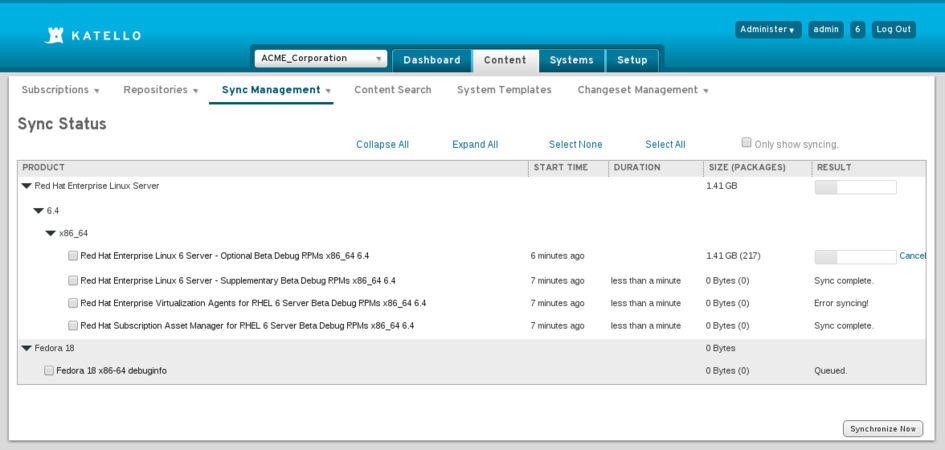
Katello UI
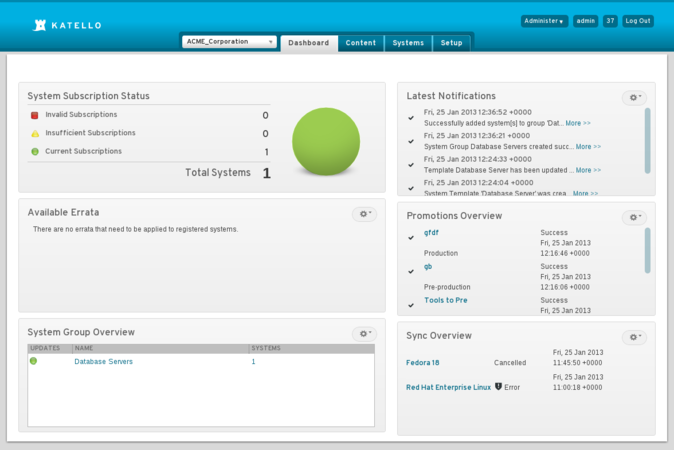
Katello UI
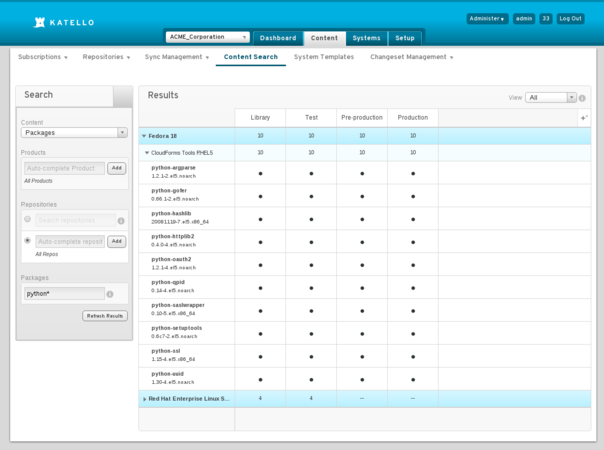
Red Hat products
- Subscription Asset Manager (SAM)
- CloudForms System Engine
What is TorqueBox and JRuby
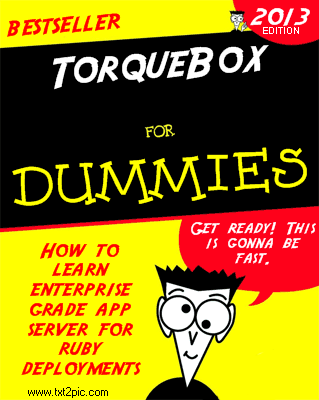
JRuby
- Ruby 1.8/1.9 on JVM
- mature and stable project
- JIT and AOT
- bidirectional
- is in Fedora
TorqueBox
- application platform for Ruby on Rails, Sinatra...
- runs atop of JBoss AS
- offers services like messaging, scheduling, caching
- allows use of clustering, load-ballancing and HA
- uses standards where possible
Why should we care?
why to port to JVM
Why should we care?
memory :-)
Why should we care?
performance (skipping for this talk)
Why should we care?
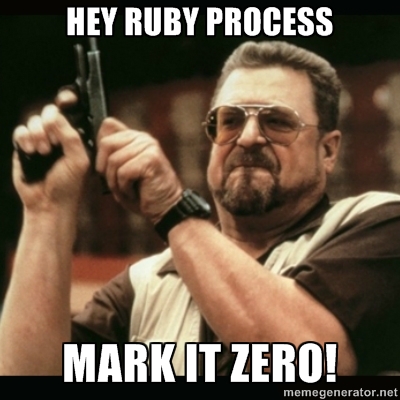
memory is the issue
before that we need to cover threads
MRI Ruby 1.8
green threads
MRI Ruby 1.9
native threads with GIL
Global Interpreter Lock
- any time one thread is running _Ruby_ code
- no other thread can be running _Ruby_ code
Global Interpreter Lock
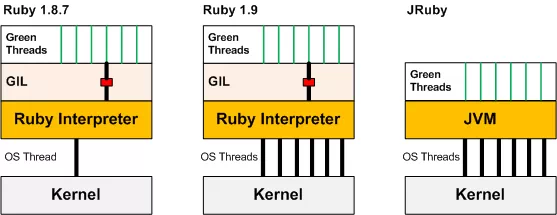
Global Interpreter Lock
- significant barrier to parallelism
- does _not_ limit I/O by the design
- but many native rubygems also limits I/O
State of threading in MRI Ruby
not the best
Forking servers in MRI Ruby
- threads are not the only options for web concurency
- process forking can do the thing too
- Linux is good in forking
- unfortunately MRI Ruby can't leverage COW memory
Forking servers in MRI Ruby
- Ruby Enterprise Edition solves this for 1.8
- Ruby 1.9 has many REE optimalizations (but not COW)
- Ruby 2.0 will finally deliver COW-friendly forking (bitmaps)
State of forking in MRI Ruby
not the best
Deployment options with Ruby
The Ruby community has always insisted that performance is not an issue while constantly
searching for higher performance web servers and application stacks. -- Greg Weber
Deployment options with Ruby
evented programming (reactor pattern) brings some parallelism
Deployment options with Ruby
- forking - phusion passenger, unicorn
- evented - thin, goliath, vert.x
- threaded - mongrel, torquebox
Deployment options with Ruby
- combination of forking + evented
- combination of threaded + evented
- combination of threaded + forking
Deployment options with Ruby
the issue with evented servers (thin) is granularity
Deployment options with Ruby
- controller - sql* - render - response*
- controller - sql* - render - response*
- controller - sql* - render - response*
Deployment options with Ruby
to unleash power of evented processing, you need to rewrite
your application (fibers, goliath, node.js, vert.x, async sinatra)
Deployment options with Ruby
there are not many options for threading setups
So when to consider JRuby?
- you have an app that is not build around evented pattern
- your app takes decent amount of memory
- your app also contains lots of I/O operations (SQL, messaging, REST calls)
- you want to scale up
Warning
I did not cover Rubinius or REE which partially solves some of these issues
By the way
the following languages have concurrency built in the runtime
- erlang
- haskell
- google go
And what's Java
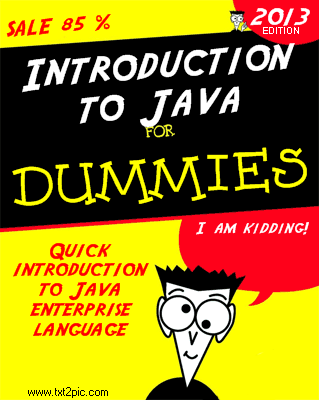
before you start

try with jruby first
instead of torquebox
slow start
jruby start a little bit slower
optimize jruby start
# JAVA_OPTS="-client -Djruby.compile.mode=OFF" \
bundle exec rails server
optimize jruby start
# JRUBY_OPTS="--1.9 -J-XX:+CMSClassUnloadingEnabled \
-J-XX:+UseConcMarkSweepGC \
-J-XX:MaxPermSize=256m -J-Xmx1800m" \
bundle exec rails server
optimize jruby start
# jruby --ng-server &
# bundle exec rails server
katello start in dev
$ time bundle exec rake environment
real 0m19.876s
user 0m18.244s
sys 0m0.764s
katello start in prod
$ time rake environment
real 0m13.322s
user 0m9.979s
sys 0m2.817s
rubygems are slow
- multiple directories approach
- ruby needs to walk the tree
- many stat/open calls with ENOENT
- bundler adds more dirs
- rvm/rbenv adds even more dirs
how ruby handles require
# strace rake environment 2>&1 | grep ENOENT
...
open("x/ldap_fluff-0.1.3/lib/singleton.rb", O_RDONLY) = -1 ENOENT
open("x/net-ldap-0.3.1/lib/singleton.rb", O_RDONLY) = -1 ENOENT
open("x/jshintrb-0.2.1/lib/singleton.rb", O_RDONLY) = -1 ENOENT
open("x/js-routes-0.6.2/lib/singleton.rb", O_RDONLY) = -1 ENOENT
open("x/jammit-0.6.5/lib/singleton.rb", O_RDONLY) = -1 ENOENT
open("x/yui-compressor-0.9.6/lib/singleton.rb", O_RDONLY) = -1 ENOENT
open("x/i18n_data-0.3.3/lib/singleton.rb", O_RDONLY) = -1 ENOENT
...
how ruby handles require
O(n^2)
how ruby handles require
optimized in ruby 2.0
how ruby 2.0 handles require
O(n^2) - k
how ruby handles require
enough theory!
rubygems in katello
# bundle install | wc -l
120
katello stat/open misses in prod
# strace bundle exec rake environment 2>&1 | grep ENOENT | wc -l
4023
katello stat/open misses in dev
# strace bundle exec rake environment 2>&1 | grep ENOENT | wc -l
172342
katello stat/open misses in dev

rubygems are slow
and it's not getting better
rubygems are slow
- avoid bundler
- avoid rvm/rbenv
- use bundler_ext
porting issues

binary files
writing to a binary file needs b-flag
binary files
File.open("thefile.bin", 'wb') do |f|
f.write(stuff)
end
activerecord
install proper gems
activerecord
if defined? JRUBY_VERSION
gem 'activerecord-jdbc-adapter'
gem 'jdbc-postgres',
gem 'activerecord-jdbcpostgresql-adapter',
else
gem 'pg'
end
activerecord
various versions (rails 3.0 vs new adapter)
activerecord
ERROR undefined method `collect' for "created_at DESC":String (NoMethodError)
.../activerecord-jdbc-adapter-1.2.6/lib/arjdbc/postgresql/adapter.rb:620:in `distinct'
...
other issues
- improper rails namespace
- :-)
ruby and systemtap

what is systemtap
free software infrastructure to simplify the gathering of information about the running Linux system
why systemtap is useful
- no need to modify your app
- no need to restart it
why systemtap is useful
- steep learning curve
- C-like syntax
why systemtap is useful
- very low-level
- supports high-level (JVM, Python, Ruby)
why systemtap is useful
- part of RHEL and Fedora
- kernels are systemtap ready
- Ruby extension part of RHEL 6.2 (RHSA-2011-1581)
why systemtap is useful
- project documentation and wiki
- RHEL6 SystemTap Beginners Guide
install systemtap
# yum -y install \
systemtap \
systemtap-runtime \
kernel-debuginfo-`uname -r` \
kernel-debuginfo-common-`uname -i`-`uname -r` \
kernel-devel-`uname -r`
UC1: hunting file change
# touch /test
UC1: hunting file change
# ls -i /test
274
UC1: hunting file change
# ll /dev/md-0
brw-rw----. 1 root disk 253, 0 Apr 17 10:23 /dev/dm-0
UC1: hunting file change
# cat filechange.stp
global ATTR_MODE = 1
probe kernel.function("setattr_copy")!,
kernel.function("generic_setattr")!,
kernel.function("inode_setattr") {
dev_nr = $inode->i_sb->s_dev
inode_nr = $inode->i_ino
if (dev_nr == MKDEV($1,$2) # major/minor device
&& inode_nr == $3
&& $attr->ia_valid & ATTR_MODE)
printf ("%d %s(%d) %s 0x%x/%u %o %d\n",
gettimeofday_us(), execname(), pid(), probefunc(),
dev_nr, inode_nr, $attr->ia_mode, uid())
}
UC1: hunting file change
# stap -v filechange.stp 253 0 274 &
# chmod 600 /test
1334676922011223 chmod(6157) generic_setattr 0xfd00000/274 100600 0
UC2: down the ruby stack
# cat factorial.rb
def factorial n
f = 1; for i in 1..n; f *= i; end; f
end
puts factorial 42
UC2: down the ruby stack
# cat calls.stp
probe ruby.function.entry
{
printf("%s => %s.%s in %s:%d\n", thread_indent(1),
classname, methodname, file, line);
}
probe ruby.function.return
{
printf("%s <= %s.%s in %s:%d\n", thread_indent(-1),
classname, methodname, file, line);
}
UC2: down the ruby stack
# stap calls.stp -c "ruby factorial.rb"
1405006117752879898543142606244511569936384000000000
0 ruby(16160): => Module.method_added in factorial.rb:1
13 ruby(16160): <= Module.method_added in factorial.rb:1
0 ruby(16160): => Object.factorial in factorial.rb:5
25 ruby(16160): => Range.each in factorial.rb:2
61 ruby(16160): => Fixnum.* in factorial.rb:2
...
705 ruby(16160): <= Bignum.* in factorial.rb:2
712 ruby(16160): <= Range.each in factorial.rb:2
718 ruby(16160): <= Object.factorial in factorial.rb:2
0 ruby(16160): => Object.puts in factorial.rb:5
20 ruby(16160): => Bignum.to_s in factorial.rb:5
38 ruby(16160): <= Bignum.to_s in factorial.rb:5
53 ruby(16160): => IO.write in factorial.rb:5
74 ruby(16160): <= IO.write in factorial.rb:5
81 ruby(16160): => IO.write in factorial.rb:5
99 ruby(16160): <= IO.write in factorial.rb:5
106 ruby(16160): <= Object.puts in factorial.rb:5
UC2: down the ruby stack
# cat rubycount.stp
global fn_calls;
probe ruby.function.entry
{
fn_calls[classname, methodname] <<< 1;
}
probe end {
foreach ([classname, methodname] in fn_calls- limit 30) {
printf("%dx %s.%s\n",
@count(fn_calls[classname, methodname]),
classname, methodname);
}
delete fn_calls;
}
UC2: down the ruby stack
# stap rubycount.stp -c "ruby factorial.rb"
1405006117752879898543142606244511569936384000000000
21x Bignum.*
21x Fixnum.*
2x IO.write
1x Module.method_added
1x Range.each
1x Bignum.to_s
1x Object.puts
1x Object.factorial
UC3: ruby "top"
# cat ./ruby-top-modified.stp
global fn_calls[10240];
probe ruby.function.entry {
if (isinstr(file, "katello")) fn_calls[pid(),
file, methodname, line] <<< 1;
}
probe timer.ms(4000) {
ansi_clear_screen()
printf("%6s %80s %6s %25s %6s\n",
"PID", "FILENAME", "LINE", "FUNCTION", "CALLS")
foreach ([pid,filename,funcname,lineno] in fn_calls- limit 15) {
printf("%6d %80s %6d %25s %6d\n",
pid, filename, lineno, funcname,
@count(fn_calls[pid, filename, funcname, lineno]));
}
delete fn_calls;
}
bundler_ext
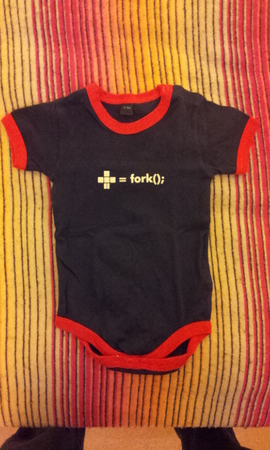
bundler_ext
http://rubygems.org/gems/bundler_ext
https://github.com/aeolus-incubator/bundler_ext
bundler_ext
# cat Gemfile
gem 'rails', '3.0.10'
gem 'json'
gem 'rest-client', :require => 'rest_client'
gem 'jammit', '>= 0.5.4'
gem 'rails_warden', '>= 0.5.2'
gem 'net-ldap'
gem 'oauth'
gem 'ldap_fluff'
bundler_ext
if File.exist?(File.expand_path('../../Gemfile.in', __FILE__))
require 'bundler_ext'
BundlerExt.system_require(File.expand_path('../../Gemfile.in', __FILE__), :group1, :group2, Rails.env)
else
Bundler.require :group1, :group2, Rails.env
end
we are done

credits
- Greg Weber - http://blog.gregweber.info/posts/2011-06-16-high-performance-rb-part3
- Ilya Grigorik - http://www.igvita.com/2008/11/13/concurrency-is-a-myth-in-ruby/
- inc.com - finish line pic
- and world-famouse memegenerator.net